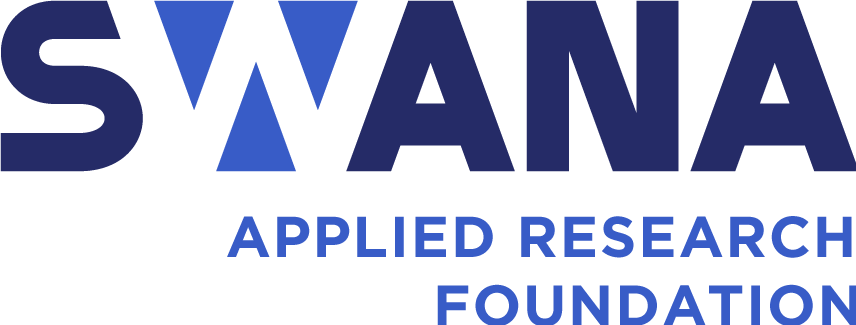New SWANA Report Addresses PFAS Management and Treatment Options for Landfill Leachate

SWANA’s Applied Research Foundation’s report reviews treatment technologies that can be used to treat leachate on the landfill site for PFAS removal
Silver Spring, MD – In response to growing public health concerns associated with perfluoroalkyl and polyfluoroalkyl substances (PFAS), the SWANA Applied Research Foundation (ARF) has issued a report summarizing and analyzing management options and treatment technologies that can be used to address PFAS chemicals contained in landfill leachate.
PFAS are a group of synthetic chemicals used in industrial processes and consumer products since the 1950s. PFAS are found in many consumer products, including stain-resistant carpeting, non-stick cookware, water-resistant clothing, and cosmetics. When these products are discarded as municipal solid waste (MSW), they present challenges to the MSW management facilities, including MSW landfills, that receive them. A key issue is how to treat leachate for PFAS removal. In a national study, the mean PFAS concentrations measured in the leachate from 18 US landfills ranged from 9,400 to 11,200 ppt. In comparison, the Health Advisory Level issued by the US EPA for drinking water is 70 ppt.
In 2019, the ARF’s Disposal Group selected the topic of PFAS management and treatment options for landfill leachate for investigation. The research findings presented in the resulting report are based on a comprehensive review of the literature and an analysis of the commercially-available PFAS treatment systems as well as other management options for landfill leachate.
The new report serves as a companion report to one published by the ARF in June 2021 on “PFAS Fate and Transport in WTE Facilities.”
“PFAS is one of the most important regulatory issues facing the solid waste industry,” stated David Biderman, SWANA’s Executive Director and CEO. “This report sheds important light on how the disposal of household and commercial waste that contains PFAS can be effectively accomplished at modern landfills that meet EPA’s Subtitle D regulations.”
Based on this research, SWANA is optimistic regarding the positive role that modern MSW landfills can play in the management of solid waste – such as carpeting and clothing – that contains PFAS. By disposing of these products in landfills and effectively treating landfill leachate for PFAS removal, the solid waste industry can provide society with an effective and proven method of managing PFAS wastes.
“We appreciate the support and involvement of our Disposal Group subscribers who submitted and voted for this important research topic and provided funding support for the research effort,” said Jeremy O’Brien, SWANA’s Director of Applied Research.
The full report, PFAS Management and Treatment Options for Landfill Leachate, is currently only available to SWANA ARF subscribers. SWANA members receive free access to the report one year after publication.
To learn more about the report and to download the executive summary, click here.
To learn more about SWANA and SWANA’s Applied Research Foundation, visit https://swana.org/resources/research.
About SWANA
The Solid Waste Association of North America (SWANA) is an organization of more than 10,000 public and private sector professionals committed to advancing from solid waste management to resource management through their shared emphasis on education, advocacy, and research. For more than 60 years, SWANA has been the leading association in the solid waste management field. SWANA serves industry professionals through technical conferences, certifications, publications, and a large offering of technical training courses.
Media Contact
Kristyn OldendorfDirector of Public Policy
(240) 494-2237
marketing@swana.org






